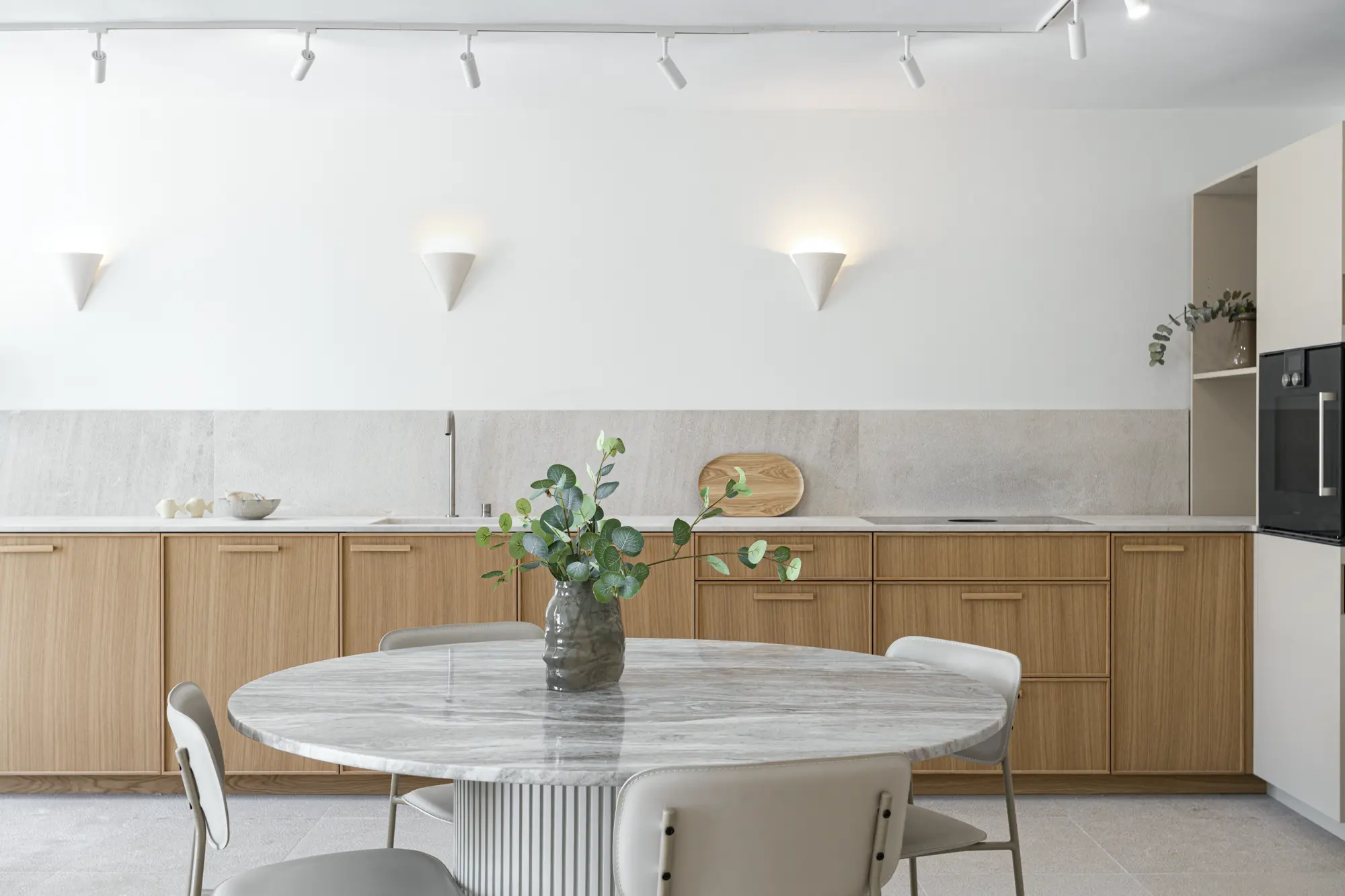Essential Guide: Buying Property in Mallorca
What is most important when considering buying a property in Mallorca? Read about the essentials and important steps to find your dream home on the island!

Mallorca’s beautiful nature, its charming villages, and the Mediterranean lifestyle attracts buyers from around the world. But buying property on the island means navigating local laws, taxes, and processes that differ from other countries. This step-by-step guide breaks it down with insider tips to help you move forward with confidence. Generally, it is very helpful to choose your agent before as he will assist you best way possible with all necessary steps.
1. Define Your Objectives & Set Your Budget
Start by clarifying your goal. Is it a primary residence, holiday home, or investment property? Then, analyze your financing options! Would you like to finance the property fully cash or would you like to take advantage of financing your property with a mortgage? As interest rates are very attractive in 2025, that might be an option for you. I'd be glad to share my trustful mortgage partners with you that I have worked with in the past. While analyzing your budget, it is important to factor in not just the purchase price, but also additional expenses like taxes and local fees (mostly approx. 10-15%). Budgeting realistically from the beginning sets you up for a successful journey to find your dream home!
2. Get Your NIE & Open a Spanish Bank Account
As a non-resident, you need a "Número de Identificación de Extranjero (NIE)" to start any property purchase or even contractual work. It’s required for taxation, mortgage applications, and signing legal documents. Once you have it, you can open a local bank account—necessary for payments and handling services. Many buyers opt to work with a local lawyer or a so called "gestoría" to simplify the process and letting them deal with all necessary legal matters. In this regard, I am also happy to provide you with a selection of trustworthy specialists in that field.
3. Partner with Local Experts & Understand Supply
Mallorca offers a wide range of properties: Luxury villas, historic townhouses, or modern apartments across the island. Because the inventory on the market is tight, especially in prime zones like Palma or the southwest, it pays to work with a trusted local agent to find what suits your needs. I recommend to focus on one expert who really understands the neighborhood you’re targeting and who is taking the time to understand your search profile and needs. My job is to analyze every small detail during our conversations and viewings to target only properties that are 100% for you.

4. Do Thorough Legal & Technical Due Diligence
Before signing anything, it’s critical to ensure the property is legally sound:
- Request a Nota Simple from the Land Registry to check for debts or legal claims.
- Ensure planning permissions and building licenses are in order.
- Hire a technical expert or architect to verify the property’s condition, possible hidden issues, and whether renovations are permitted.
Normally, your lawyer will guide you through all necessary paperwork and possible hidden objectives. Therefore, you don't need to worry about these aspects too much.
5. Understand Taxes & Transaction Costs
Buying property in Mallorca involves several additional costs:
- ITP (Property Transfer Tax): Typically 8–13% for resale homes.
- IVA (VAT): 10% on new-builds, plus a 1.5% stamp tax.
- Notary & Land Registry fees: Usually 1–2%.
- Legal Fees: Around 1–1.5%.
- Altogether, budget an extra 10–15% on top of the purchase price.
6. Structure the Purchase Process
Once we have found the right property for you, the following steps are ahead of you:
1. Reservation Agreement ("Contrato de Reserva" or "Arras"): The drafting of the reservation contract goes normally hand in hand with a legal due diligence of the property. It also contains a downpayment of (usually) 10% of the purchase price to secure the property in your name. Typically the contract is set up within 7-10 days after agreeing on a price between seller and buyer, depending on the complexity of the property or the negotiated conditions.
2. Final Deed ("Escritura Pública"): The signature of the final deed in front of a notary transfers the ownership of the property. At the same time, and different to a few countries, all payments are made that day and the keys are handed over on the same day. Depending on the negotiated terms, the notary appointment normally takes place 6-8 weeks after signing the reservation contract.
7. Summary: Watch Out for Common Pitfalls
- Failing to do thorough legal checks (e.g., title deeds, permits) can lead to expensive surprises.
- Beware of off-plan projects if you want faster access—these carry higher risks and delays.
- Avoid rushing decisions. Properties in popular areas often come off the market quickly, so having your financing ready helps—but don’t compromise on due diligence.
- Work with an agent that has proven experience and that you have a trustworthy feeling with - maybe even a personal connection, as the understanding between you two will be much easier and quicker.
Buying a property in Mallorca shouldn’t be stressful, it should be a celebration of a new beginning. If you’d like guidance and a tailored experience, I’m here to help. Reach out to explore how to turn your Mallorca dream into reality!
